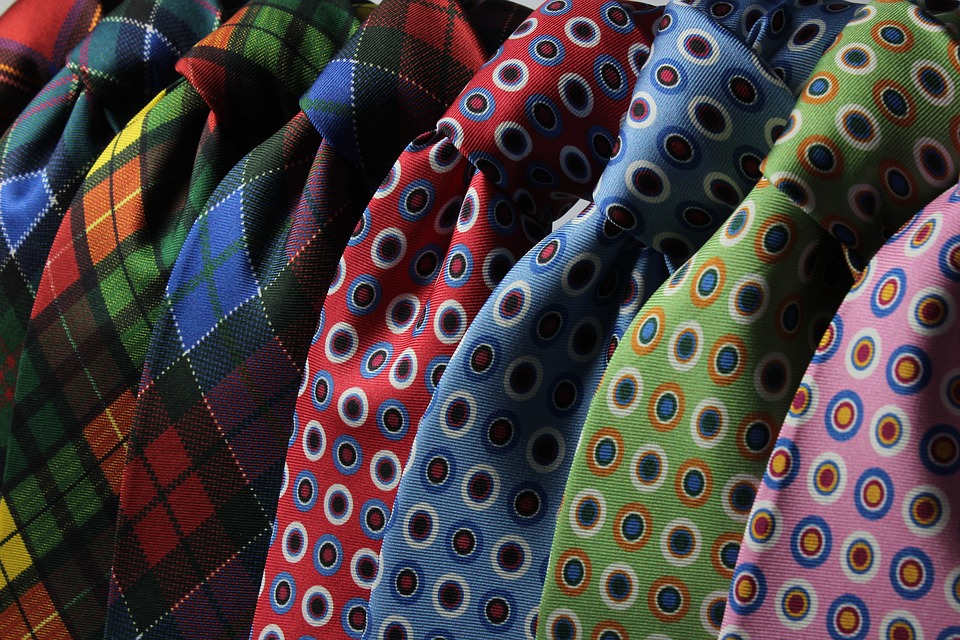- Study finds global fashion industry’s response to environmental urgency all talk, no action
- 9 of the top 10 ranking companies remain unchanged from 2023
- 7 circularity metrics are measured but companies have extensively activated none
- Regulatory pressure will force brands to ramp up their sustainability efforts
CHICAGO, June 27, 2024 /PRNewswire/ — Today global management consulting firm Kearney releases its 2024 Circular Fashion Index (CFX), its fourth annual study measuring the global fashion industry’s progress toward circularity and sustainability. Based on proprietary analysis, the CFX acts as an objective tool helping companies understand where they rank in their sustainability practices and which circularity levers remain to be pulled. This year’s CFX reveals that, with notable exceptions, the industry still tends to be long on conversation around circular thinking and economics and short on actual redesign and execution.
“This fourth iteration of Kearney’s Circular Fashion Index found that most brands continue to work within the confines of traditional linear models, making, from an ecological point of view, suboptimal choices at nearly every step in the process, from raw material selection to consumer education,” observed report co-author and Kearney partner Brian Ehrig. “This is illustrated by the industry’s continued emphasis on debating material choices and how good or bad a particular choice may be for the environment based on emissions, land use, and so on, conveniently overlooking the fact that there is still no clear consensus on which material choices actually minimize environmental damage.”
CFX 2024 has been expanded to include 235 global brands in 18 countries, with this year’s addition of Japan. It tracks the industry’s performance over five key categories: fashion, sports, outdoor (previously analyzed alongside the sports category), underwear and lingerie, and footwear, with a new price segmentation for the fashion category.
Findings from this year’s Circular Fashion Index include the following:
- The 235 fashion brands analyzed this year achieved an average score of 3.20 out of 10, an increase of 0.23 points compared to 2023 results.
- Though brands have improved their performance throughout the years, with the exception of the top 10 brands none of the seven circularity measures identified has been activated extensively.
- CFX scores across categories showed the highest performance in the Outdoor category and the highest improvement in the affordable luxury segment
- Only the top 4 brands scored above 7 out of 10 in the Index.
- Results of Kearney PERLab’s life-cycle assessment of the environmental impacts of cotton vs. polyester showed that no material is better for the planet itself, but the industry must think in terms of product design to reduce its environmental impact
- Sustainability regulations and directives will dictate change in the next year, regardless of consumer behavior
The report also takes a close look at circularity strategies such as choice of materials and add-ons, the impact of the manufacturing process on ease or difficulty of reusing or recycling them, upcycling or downcycling products and the rethinking of design, to create a circular economy.
“Our 2024 research shows that despite improvements made over the last year, adoption of circular economic practices is far from sufficient to begin to mitigate the industry’s environmental impact,” said report co-author and Kearney partner Dario Minutella. “Of the 235 brands we analyzed, only 25 scored 5 out of 10 or more on the CFX. Brands need better end-to-end understanding of the full economic and environmental impacts of a decision on materials, identifying the true trade-offs along the life cycle that optimize different categories of impact, and agreement on how to measure ‘success’ and ‘failure’ as opposed to simply spend-based metrics.”
The 2024 Circular Fashion Index is available here.
About Kearney’s Circular Fashion Index
Now in its fourth edition, the 2024 Circular Fashion Index has expanded by nearly 20 percent to analyze 235 global fashion brands from 18 countries (this year including Japan) over five apparel categories: fashion, sports, outdoor, underwear and lingerie, and footwear, with a first-time refined price segmentation for the fashion category, distinguishing between luxury, premium/affordable luxury, mass market, and fast-fashion brands. Each company’s CFX score is based on seven dimensions affecting the circularity impact of the brand: share of garments made from recycled fabrics, repair and maintenance availability, “circularity” in brand communications, detail/accessibility of care instructions, breadth/depth of second-hand sales, breadth/depth of rental services, and the availability of drop-off locations for worn clothing. CFX 2024 introduces a refined price segmentation for the fashion category, distinguishing between luxury, premium/affordable luxury, mass market, and fast-fashion brands.
About Kearney
Kearney is a leading global management consulting firm. For nearly 100 years, we have been the trusted advisor to C-suites, government bodies, and nonprofit organizations. Our people make us who we are. Driven to be the difference between a big idea and making it happen, we help our clients break through. www.kearney.com
Media Contact:
MKPR/Meir Kahtan
+1 917-864-0800
[email protected]
SOURCE Kearney

Originally published at https://www.prnewswire.com/news-releases/kearney-releases-2024-circular-fashion-index–average-cfx-score-across-235-global-brands-rises-8-to-3-2-on-a-scale-of-1-to-10–302183963.html
Some images courtesy of https://pixabay.com



